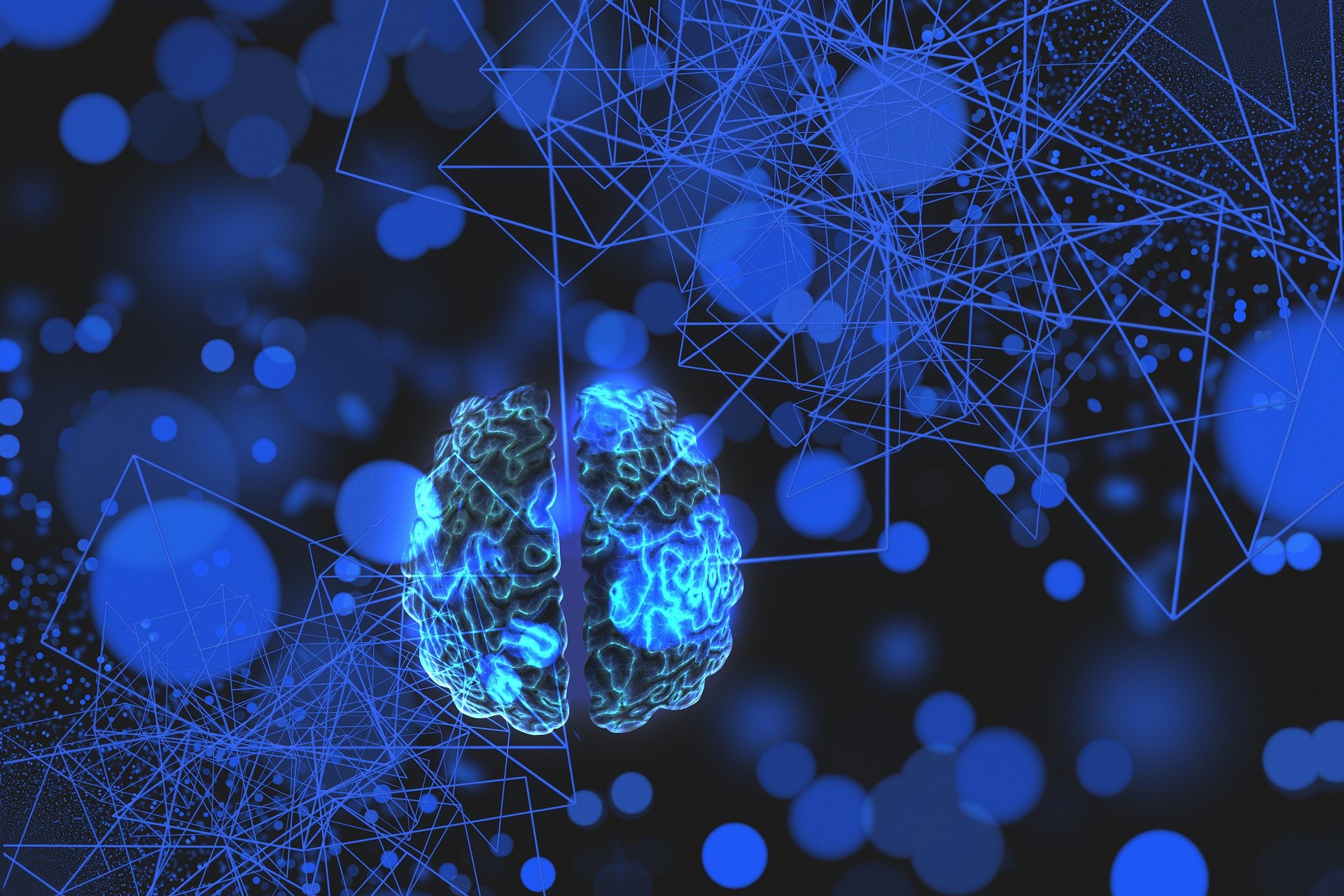Neurophilosophy of Global Security 2022
Part of the Geopolitics and Global Futures Symposium 2022.
How does the ‘emotional amoral egoism’ of man shape the global system?
Is morality innate or alterable? Are emotions and rational decisions intertwined? How critical is the balance between human nature and human dignity? Human nature is at the centre of political theory and public policy, but our notions of what that precisely means are often oversimplified and subjective, lacking scientific rigour. Significant advances in neuroscience, brain-imaging and neurochemistry are helping to clarify what shapes our actions and emotions, at an individual level and collectively.
Learning outcomes
The course explains the neurophilosophical concept of “Emotional Amoral Egoism” in reference to both man and state, demonstrating how it affects international relations and governance. Participation in this course will provide you with:
- a comprehensive overview of the relevance and uses of neuroscience across a wide range of security policy issues and global conflicts
- new tools for analysing political processes, political change, power and leadership
- a review of emerging technologies in the area of neurosciences, such as cognitive enhancement, and their implications for equality, ethics, security and the future of humanity
Speakers
- Professor Nayef Al-Rodhan, GCSP and University of Oxford
Introduction and Overview: Neurophilosophy, Governance and Global Security
- Professor Lasana Harris, Associate Professor in Experimental Psychology, University College London, UK
The Social Neuroscience of Conflict
- Dr David Gallardo-Pujol, Associate Professor, University of Barcelona, Spain
Neuroscience of Morality
- Professor Shane O‘Mara, Professor of Experimental Brain Research, Trinity College Dublin, Ireland
Neuroscience of Torture
- Dr Marcus Holmes, Associate Professor of Government, The College of William & Mary, Williamsburg, USA
Neuroscience of Conflict and Diplomacy
- Dr Georg Northoff, Canada Research Chair in Mind, Brain Imaging and Neuroethics, ELJB-CIHR Michael Smith Chair in Neurosciences and Mental Health, Research Unit Director, University of Ottawa, Canada
Neuroscience of Identity and Culture
- Professor Lisa Feldman Barrett, Distinguished Professor of Psychology, Northeastern University, Boston, USA
Emotion AI
- Professor Joseph LeDoux, Professor of Neural Science, Psychology, Psychiatry, and Child and Adolescent Psychiatry at New York University; Director of the Emotional Brain Institute at New York University, New York, USA
Neuroscience of Emotions
This course is designed for officials from governments and international organisations, as well as members of the security and defence policy planning and the intelligence communities. This course is also relevant to representatives from the private sector and nongovernmental organisations, journalists, and anyone with a professional interest in understanding future international security challenges.
Apply one month before the course start date to qualify for a 15% discount. Special discount for GCSP Alumni. Connect to MyGCSP for details.
The official deadline to apply has now ended. If you would still like to apply, please send an email de [email protected]



